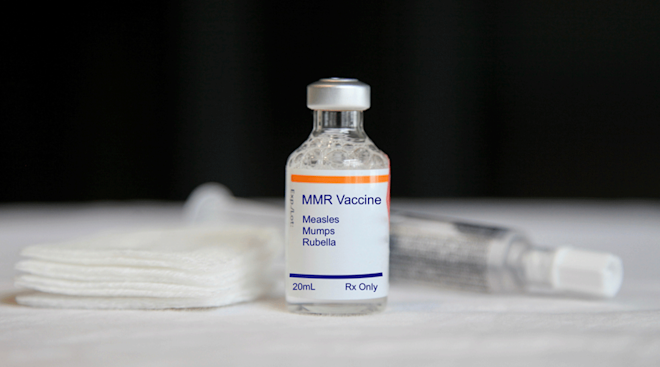These 3 Things Help Prevent Infant Ear Infections
Baby ear infection rates are going down—way down. And a new study says it’s thanks, in part, to more parents breastfeeding and getting their kids vaccinated and fewer parents smoking.
Ear infections are the leading cause of doctor’s visits among young children; previous studies indicated 18 percent of 3 month olds, 39 percent of 6 month olds and 62 perecent of one year olds suffered from ear infections throughout the 80s and 90s. But this latest study out of The University of Texas Medical Branch at Galveston found that those numbers are down to 6 percent, 23 percent and 46 percent, respectively.
“Prolonged breastfeeding was associated with significant reductions in both colds and ear infections, which is a common complication of the cold,” study leader, Tasnee Chonmaitree, says. “It is likely that medical interventions in the past few decades, such as the use of pneumonia and flu vaccines and decreased smoking helped reduce ear infection incidences.”
The study, published in the journal Pediatrics, followed 367 babies less than one month old through their first birthday. Researchers gathered nose and throat mucus samples throughout the study to test for infection.
How can you actively make sure your baby’s ear infection risk is part of that lowered percentage? Start by checking our vaccine guide to confirm that baby’s on track. And if you’re having trouble breastfeeding, try a one of these new positions to make it easier.
Not breastfeeding? No need to panic. While breast milk is full of bacteria-fighting antibodies, there are other ways to boost baby’s immune system:
- Nag friends and family about hand-washing
- Avoid taking babies under 2 months old to crowded indoor spaces
- Remind older children of healthy etiquette, like covering sneezes and coughs
Please note: The Bump and the materials and information it contains are not intended to, and do not constitute, medical or other health advice or diagnosis and should not be used as such. You should always consult with a qualified physician or health professional about your specific circumstances.
Navigate forward to interact with the calendar and select a date. Press the question mark key to get the keyboard shortcuts for changing dates.




















































